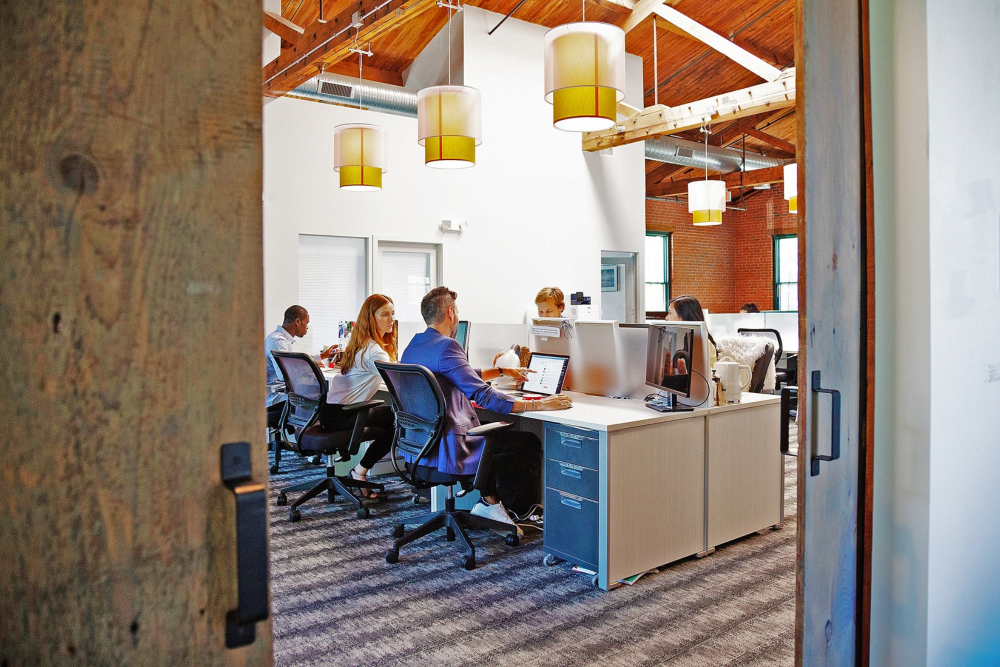
Cybersecurity is the protection of networks, computers, programs and data from attack,damage or unauthorized access. Cybersecurity is essential in today’s world for all businesses, small and large alike, due to the rising number of cyber attacks.
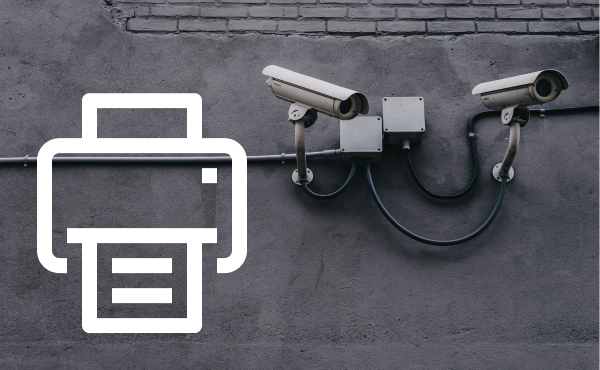
Sharp recently announced their partnership with Bitdefender, a leader in the cybersecurity industry, which will bring cybersecurity in MFPs to a whole new level. Printers and MFPs are often overlooked when it comes to cybersecurity despite their importance, and this partnership will ensure that those devices and your network are protected.

As technology and solutions continue to lead more towards the cloud, it’s important to understand hesitations that SMBs might have to adopting a cloud-based solution themselves. Often, SMBs hold fears and misconceptions toward solutions that leverage the cloud that ultimately hold them back from starting their cloud journey. What are these misconceptions and fears, and how can a cloud-based solution benefit your SMB?

Understanding how malware works and what vulnerabilities it attempts to manipulate is an important part of cyber security. We asked our Director of IT to shed some light on what malware is, and how organizations can defend against it.
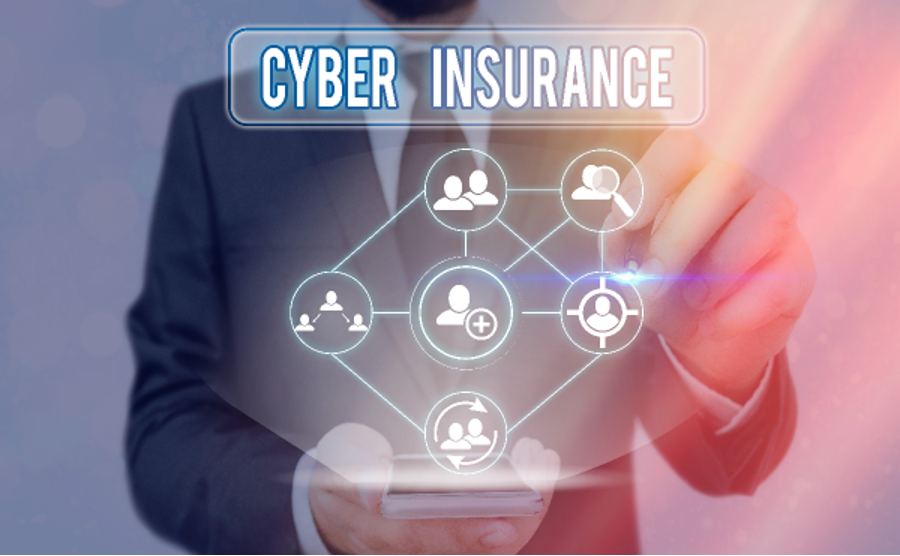
Keeping your company and information secure is a top priority as cyberattacks aren’t going anywhere soon. Whether it be malware, ransomware, phishing, or social engineering, cyberattacks can occur at any time and can lead to huge expenses to resolve. Because of this, many companies are considering Cyber Liability Insurance to help combat this, but what exactly is cyber liability insurance, and what does it cover?
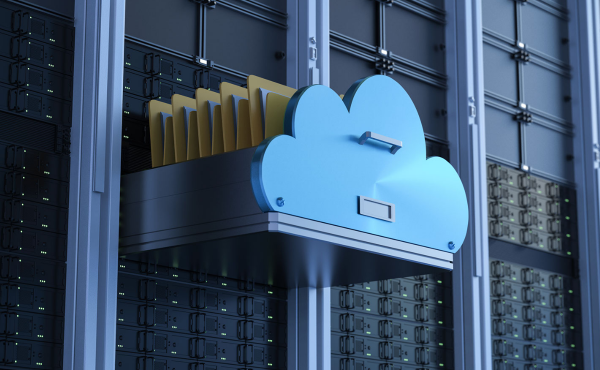
The simple definition of immutable is "unchanging over time or cannot be changed". If we apply this to a backup, we are now talking immutable backups. Backed-up data needs to be stored on immutable media, so that it cannot be changed.
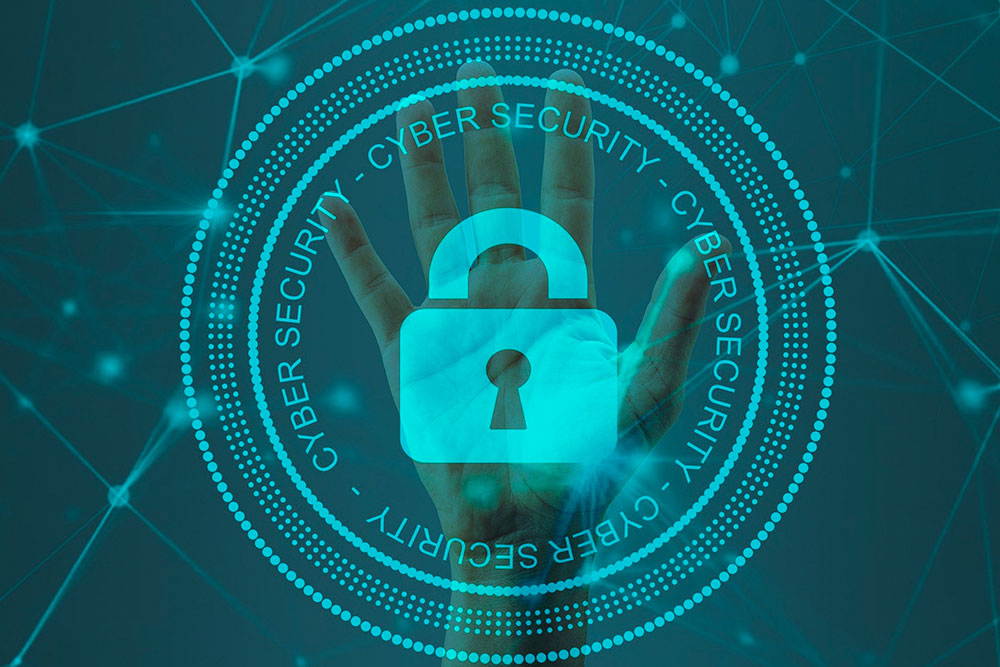
Remote work is not new but may be unfamiliar to some employees, leaders and businesses. With significant rise in temporary work from home, it is important to think about security and keeping your home network security as strong as the office network security.
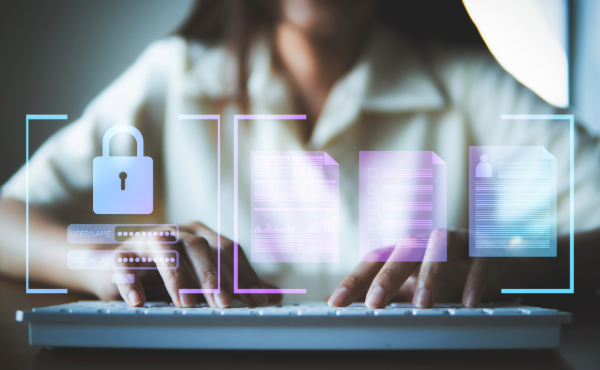
With ever-increasing cybersecurity threats, it's important to stay on top of what the different attacks are and how you can avoid them. There are many different tactics that cyber attackers utilize, but one of the most common attacks is social engineering. This blog will focus on what the different types of social engineering attacks are, so that you can avoid being a victim. We will also discuss some things you can do if you think you are a victim of any of these attacks.

Businesses face significant financial loss when a cyber attack occurs. In 2018, the U.S. business sector had the largest number of data breaches ever recorded: 571 breaches. Cybercriminals often rely on human error—employees failing to install software patches or clicking on malicious links—to gain access to systems.
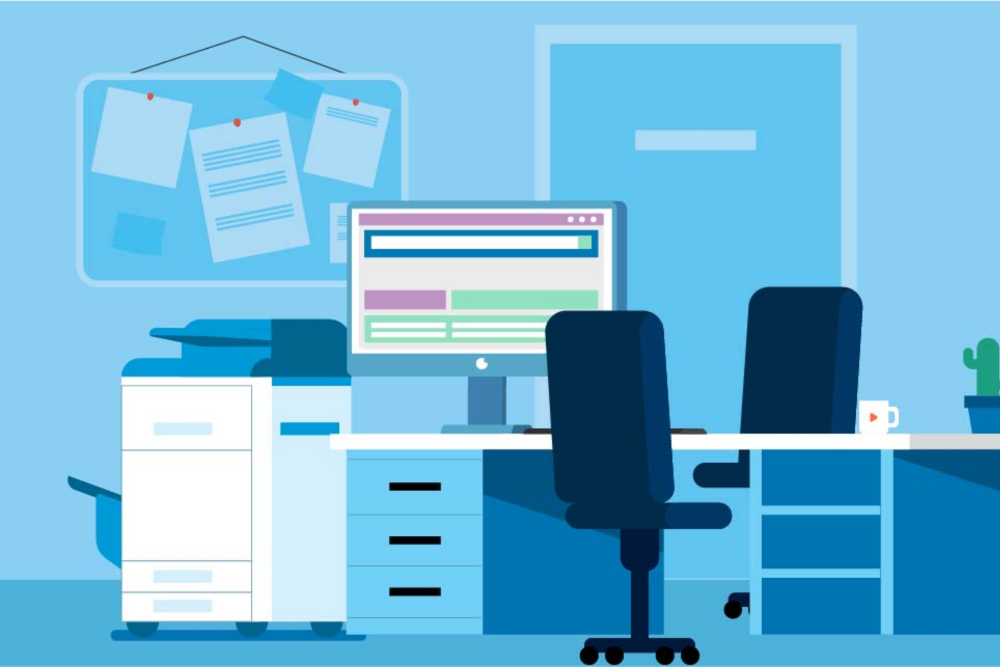
If technology gives your organization a competitive edge, you are familiar with how expensive it is to keep it current. Now, consider that at times, the purchase price of your technology is only a fraction of the cost of the total cost of ownership.

More and more, ransomware has emerged as a major threat to individuals and businesses alike. Ransomware, a type of malware that encrypts data on infected systems, has become a lucrative option for cyber extortionists. When the malware is run, it locks victim’s files and allows criminals to demand payment to release them.